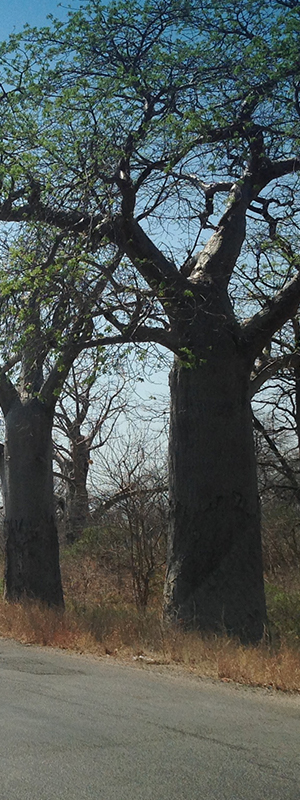Menu

One of the most debated issues worldwide since the turn of the century is undeniably global warming. Some schools for thought denounce the claims of the phenomenon, calling it a hoax whilst others state that it is real, and it is destroying our planet as we speak. In layman terms, global warming is the warming of the earth’s atmosphere above natural temperatures due to the greenhouse effect which is the adverse result of human activities like industrialization.
This unprecedented rise in temperatures is what is causing the glaciers and ice caps in Antarctica to melt, rivers such as Lake Chad in West-Central Africa to shrink and is disrupting the habitats of a variety of species to the brink of extinction. With such compelling evidence it is easy to agree that global warming is as real and relevant as any other issue that is currently placing our planet at risk and Zimbabwe has not been spared the harsh effects of this phenomenon.
Although Zimbabwe is a third world economy whose agriculture and industrial activities are on a smaller scale as compared to developed nations, it also plays a part in the worsening of the global warming crisis. Fossil fuels which produce copious amounts of greenhouse gases when burnt like coal for powering plants and producing electricity on a wide scale are still being used country-wide since it is found naturally in Zimbabwe.
Renewable energies like solar for electricity and electricity to power cars instead of diesel or petrol are still expensive alternatives for Zimbabwe’s economy to implement on a wide scale. This therefore leaves the less desirable, but cheaper alternatives.
Zimbabwe is divided into 5 natural climatic regions which are classified in terms of rainfall availability and temperature levels. Region 1 which consists of the Manicaland province receives the most rainfall and experiences favorable temperatures as compared to Regions 4 and 5 (Matebeleland) which naturally receives the least amount of rainfall with temperatures reaching averages of 26 degrees. However the study of climate by Zimbabwe’s Meteorological Center which is done after a period of 30 years has shown disturbing evidence that cannot be dispelled.
Droughts are increasing in frequency and severity with temperatures rising alarmingly and rainfall patterns being erratic and sparse in areas where it was once regular and plenty. In support, Christopher Chakwana in an online article stated that there have been 10 droughts over the course of 2 decades. Droughts are a natural phenomenon in Zimbabwe but their increase in frequency over the years is causing concern amongst meteorologists and farmers alike.
Temperature-wise, Zimbabwe’s Meteorological Center stated that the country has experienced 6 of its warmest year ever recorded since 1987 as both daily minimum and maximum temperatures have increased by 2 degrees Celsius in a century. Not only do high temperatures result in an increase in evaporation leading to shrinking and drying up of water bodies, evapo-transpiration rates are also high which results in the wilting of crops. Soils also lose moisture quicker which also results in the drying up of plants and subsequent famine.
Great, perennial rivers like the Zambezi and Save have shrunk in 2018 and 2019 following the dramatic increase in droughts which bring dry, hot conditions. In December 2019 Lake Kariba which is on the Zambezi River dropped by 11cm before reaching 476,93m, which is equivalent to 10% usable storage. In Matebeleland many rivers which used to be ephemeral have dried up completely, even during the wet season. An example is the Mambanje River (below) in Hwange which used to be the main water source for the Mambanje community but dried up in the late 1900s.
For those who still think that global warming is a myth or is for more developed countries they need to look closely at the facts which couldn’t be clearer. Temperatures are rising alarmingly per decade and rainfall amounts have dwindled. Seasons have shifted and our water bodies are shrinking annually. If no action is taken now, our children will grow up in an environment which is different from the one we grew up knowing which will be a great shame indeed.
